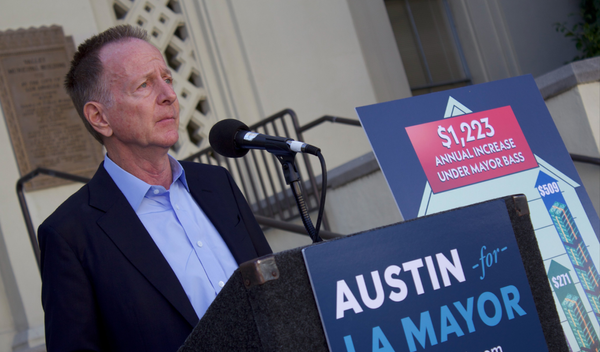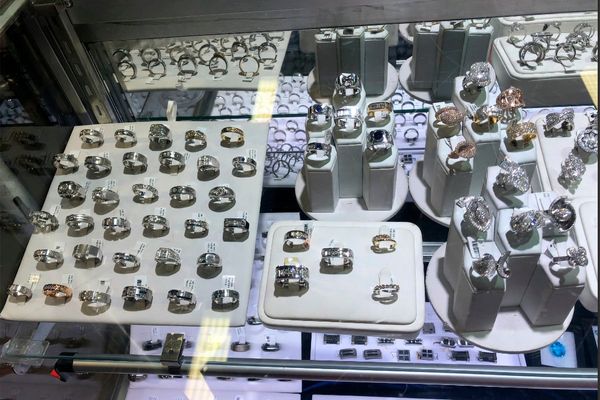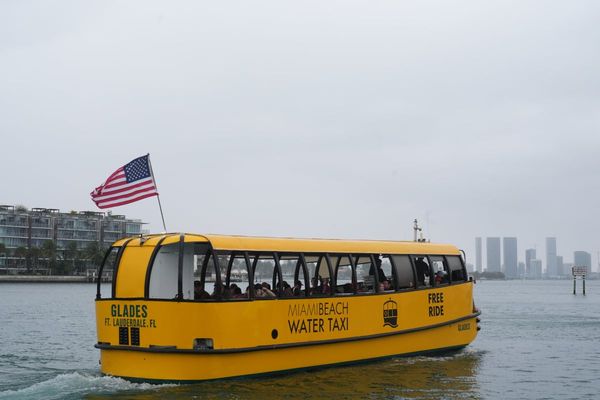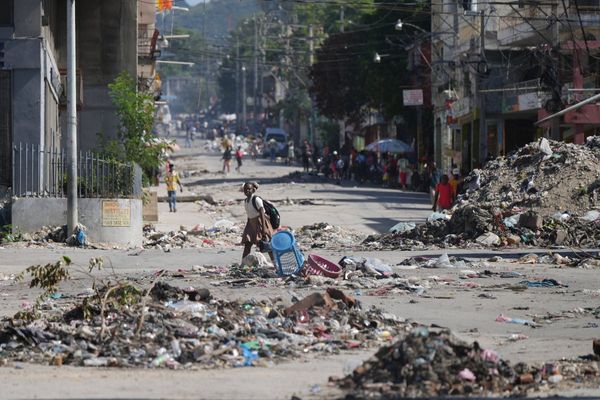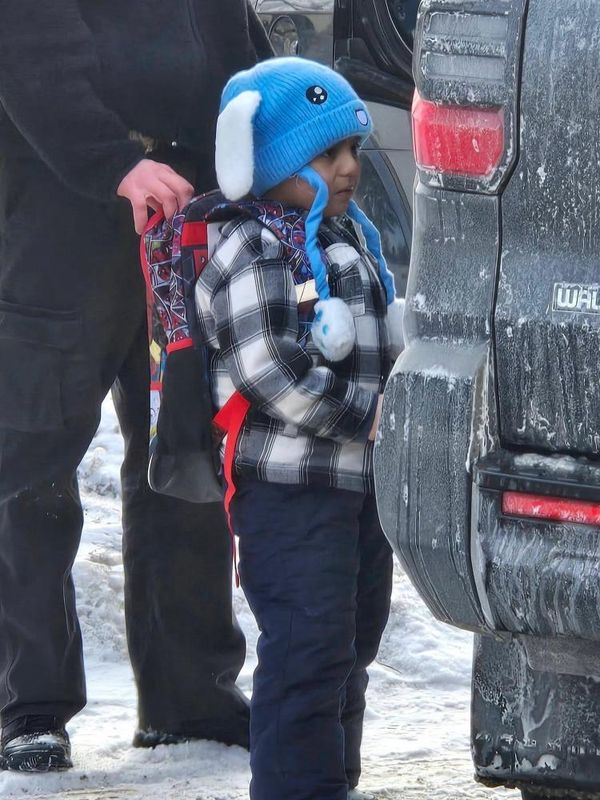Talking about her childhood sexual abuse openly is new for Daniela von Hieber.
"He manipulated me, he threatened me, he made me believe it's all my fault," she said.
The 43-year-old began to heal from her traumatic past once she reached out for professional help.
"Until last year, I pushed it away, I tried to forget it," she said.
Daniela was helped by a sexual assault and domestic family violence (SDFV) program run by the Central Coast Community Women's Health Centre (CCCWHC).
A specialised trauma counsellor and case manager worked intensely with her and about 70 other women.
The program was funded through a one-off NSW government COVID-19 grant for about a year but that dried up in March.
Now women like Daniela wait weeks, sometimes months, for general short-term counselling at the centre if they can't get into other referral services.
"The frustration for us is that women have fragmented service support and there are long wait lists … so there is little continuity," CEO Theresa Mason said.
"It can become an unsafe situation for women when they don't have that continuity of care."
'We're not funded to do this work'
Women's Health NSW, the peak body for the state's 20-odd women's health centres, wanted the government to give each of them $300,000 a year to fund SDFV programs.
It's also calling for the centres' annual core funding to reach $1 million by 2024-25 and expected a shortfall of $6.5 million for the next financial year.
The centres offer a range of services including counselling, reproductive healthcare and wellbeing activities.
The ABC has spoken to several of them.
They said most of their clients had experienced sexual assault or domestic violence yet the organisations didn't have dedicated ongoing funding to provide specialised support.
"We're not funded to do this work, but we end up doing the work," CEO of Bankstown and Fairfield women's health centres, Mariam Mourad, said.
Centres said there were increasing waitlists, overheads, wages, and inflation but funding levels have hardly changed for more than 30 years.
Some were cutting counselling and case management hours for the next financial year.
"We really do need to make a decision about whether we can continue," Central West Women's Health Centre manager, Karen Boyde, said.
Manager of Liverpool Women's Health Centre, Kate Meyer, said the centre didn't have "enough money left in the kitty to keep functioning".
"We are sliding further and further into the red just to maintain our baseline workforce," Ms Meyer said.
"Services like ours will disappear into the sunset."
'Women's vote made a difference'
Ms Boyde and Ms Meyer said women's voices mattered.
"Women's health affects the government's bottom line on a state and a federal level so it would be magnificent if both would pay attention and chip in," Ms Meyer said.
"We are 51 per cent of the population."
Minister for Women Bronnie Taylor and Minister for Women's Safety Natalie Ward have been contacted for comment.
A spokesperson for Health Minister Brad Hazzard had previously said the government continued to support women's health centres "as it has done for many years".
"Each year, NSW budget submissions are given consideration as part of a whole-of-government budget process," the spokesperson said.
NSW Health said it provided $12.2 million to women's health centres in 2021-22.
